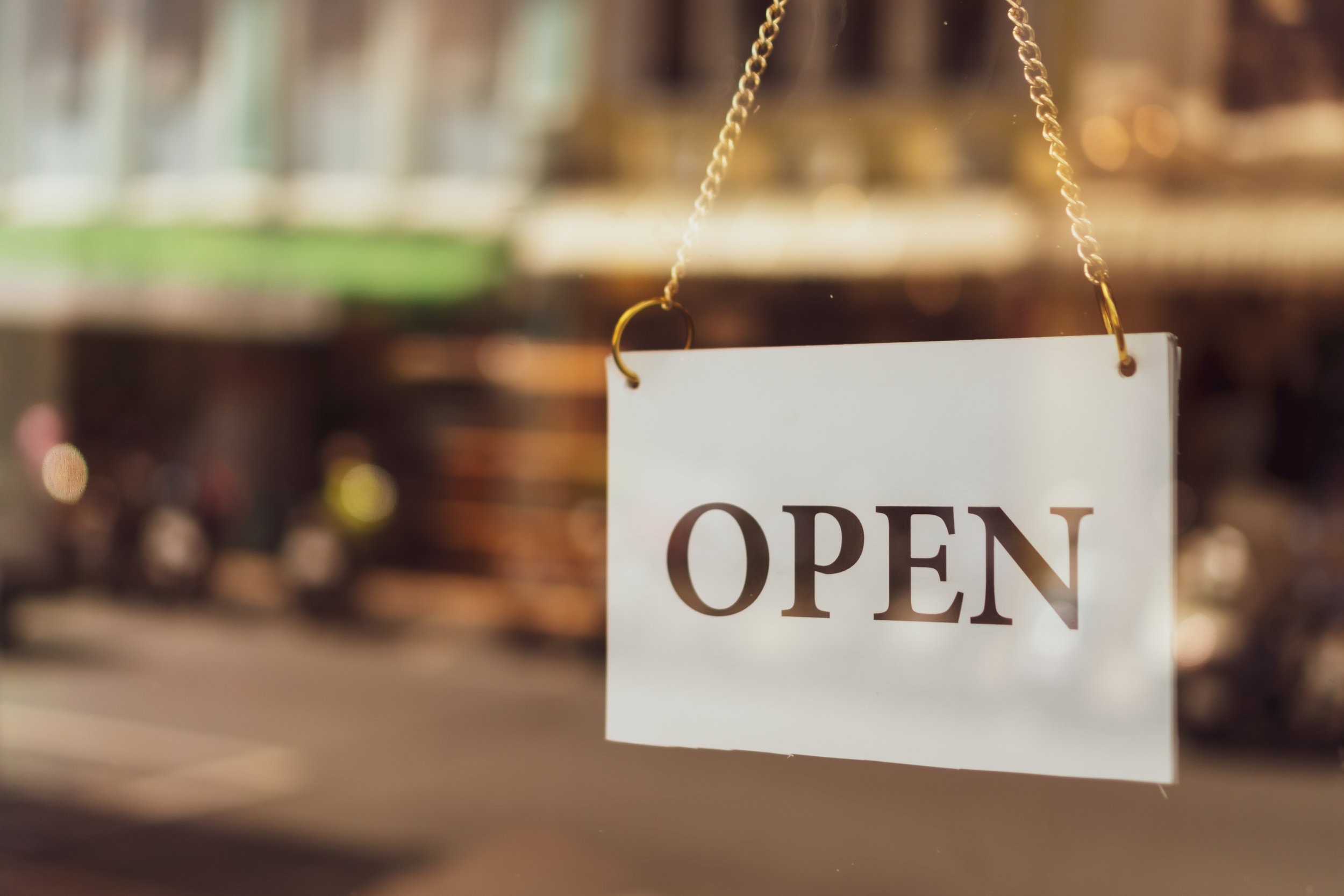by Camille Cafe
I walked thru the door of the Center for Sex Positive Culture all by myself on the night of October 17, 2012. I had recently said goodbye to my husband as he went off to work in Antarctica for a season. We were splitting up, and it was his way of dealing with it - getting as far away from Seattle as he could. We’d put most of our belongings in storage, and I’d moved with our two cats into a dingy basement apartment in Georgetown. We’d separated for many reasons, but the driving force behind this arrangement was that I wanted to explore my sexuality. I hadn’t dated as a young woman; I was 27 when I had sex for the first time. I met my husband when I was 36. It was my first relationship, and we married about a year later. Sex was so problematic for us I found it unsatisfying. Was it, as I feared, all there was?
I went to the Center because it was a sex club–the perfect place to explore the “more” I was hoping to find. I wasn’t sure what to expect. I knew next to nothing about kink and BDSM. I hadn’t even heard of polyamory at that point. Several people recommended it as a safe place to explore, and that was exactly what I wanted. I figured I had a lot to learn. Boy, did I ever.
During a phone call I made to the Center before my first visit, I learned safety is both physical and emotional. I also learned that it’s safest to explore having sex or playing in a kink scene in a public space, especially when you’re just getting to know someone. By attending events, I learned about negotiating interactions before they happen. Giving consent (or not) is part of it, and it’s crucial to establish boundaries before engaging. Knowing and being able to articulate both desires and limits is critical.
When I started playing at the Center there was so much to choose from that I felt like a kid in a candy store. It was both heady and overwhelming. If you’re interested in a particular activity, like rope suspension, start learning about it. Go to classes. Read about it. Go to Tasting events where you can have a quick, low risk experience of it. Above all, talk to people. It’s helpful to find out what makes that particular thing so exciting and what can go wrong. Knowing what the risks are is need-to-know information. Most importantly, take your time. Jumping into things impulsively can be a bad idea that leads to getting hurt or burning out.
Another important aspect of self-care is paying attention to physical and mental health related to your sexuality. Get tested regularly for STIs to keep yourself and the community safe. I used to get tested quarterly when I was playing regularly. Sharing results with partners is expected in most play situations. Learn about brain chemistry. Most kink/sex activities stimulate endorphins and can impact your judgment – like the “high” of new love. It can be a big consideration when playing. Pay attention to how your personal chemistry impacts you and figure out how to protect yourself from making bad decisions.
When I started at the Center, I went to a regular Tuesday afternoon event where people just talked while playing games or doing crafts. You had to wear clothes, and no sexual activity was allowed. I loved those Tuesdays. Not only did I learn a lot, but I also met the most interesting people. The sex positive community is full of fascinating and dynamic people. I drank it all in, listening as much as I could. Meeting and talking to folks who’ve been in the community a long time is as worthwhile as meeting other new folks. People who’ve been playing in the community for 20 or 30 years have invaluable insights and experiences. Most of these folks are committed to helping new people learn to play safely. There’s a lot of help, you just have to find it.
The one thing that I would stress from my experiences is to take it slow and be aware. I know it may sound overly cautious, but when you know what to expect and have safety stops in place, you can truly relax, let go, and have fun.
***For more support on your sex positive journey, join us in person at Fresh Meet or online for the finding YOUR way Discussion Group.
